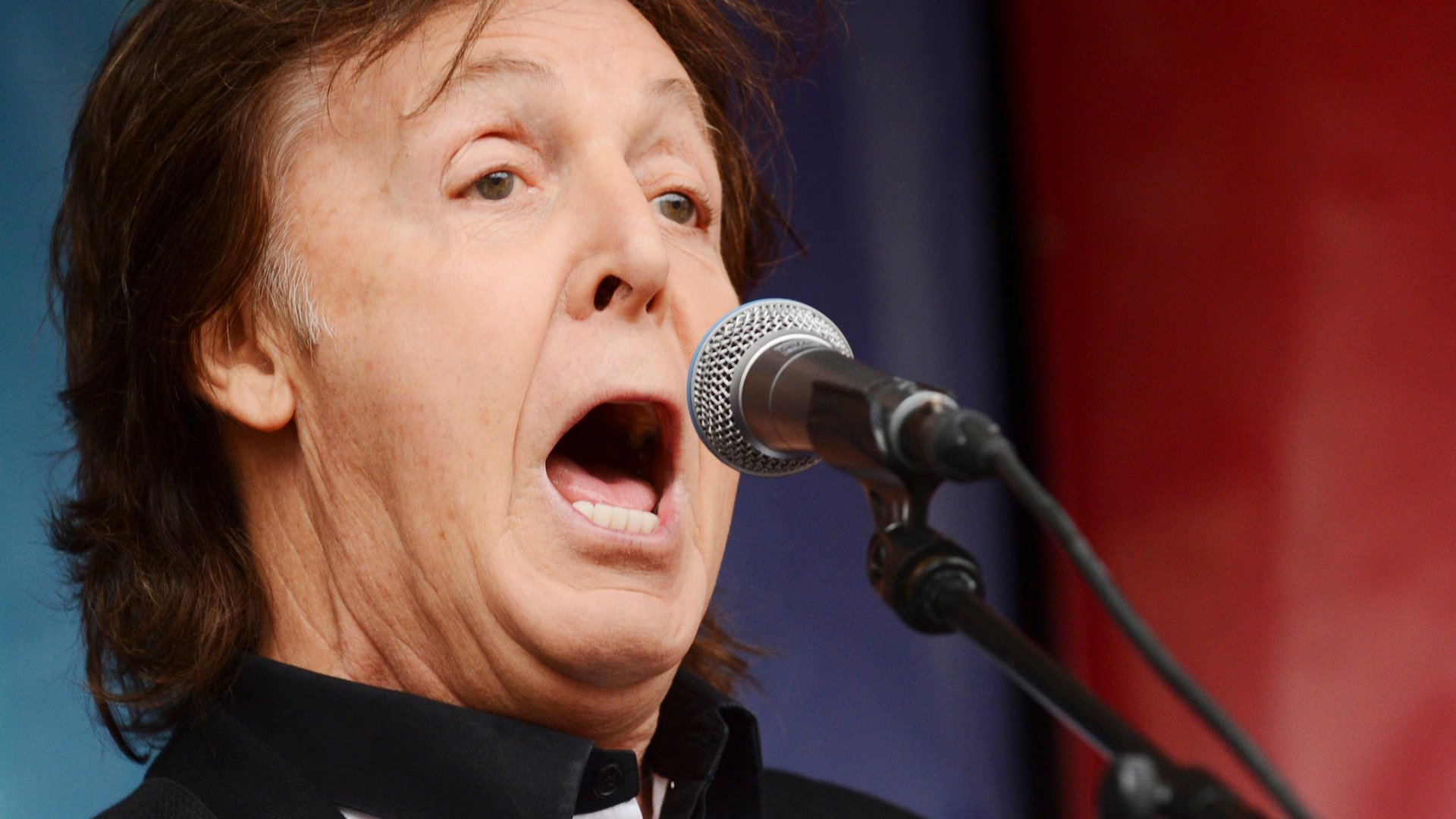Paul McCartney’s long and winding road to get back his Beatles songs
Sir Paul McCartney wrote many of the Beatles’ most revered hits. And he doesn’t own the publishing rights to them.


Sir Paul McCartney wrote many of the Beatles’ most revered hits. And he doesn’t own the publishing rights to them.
Reports emerged earlier this week that McCartney is starting legal proceedings to finally acquire the rights to a big chunk of his music—a move that would put to rest the strange tumult that’s surrounded the Beatles catalog for decades.
Twisting and shouting
In the Beatles’ early days, McCartney and John Lennon formed their own publishing company—Northern Songs—along with the band’s manager Brian Epstein and publisher Dick James, convinced it was their best bet to make money from their music.
(Sidenote: While Lennon and McCartney each owned 15%, fellow band members George Harrison and Ringo Starr only got 0.8% each and Harrison wrote an entire song to express his disgruntlement.)
Epstein died in 1967. It’s said that Lennon and McCartney tried to renegotiate their publishing agreement, but James abruptly sold the catalog to ATV Music, a company owned by a British media tycoon and then an Australian billionaire. The move effectively robbed the Beatles of control over their own songs.
The Beatles broke up in 1970.
A little help from their friends?
In the early 1980s, Michael Jackson and Paul McCartney had made a couple of hit songs together and so Jackson asked his friend for some advice. McCartney recalled:
I was a bit older than him, so I said to him, for a business, you ought to think about music publishing. A couple of weeks later, we were chatting and he said to me, “I’m going to buy your songs, you know’… I thought he was kidding and then a few weeks later, someone rang me up and said, ‘Michael Jackson has bought Northern Songs.’
McCartney thought he was joking. But in 1985, Michael Jackson swooped in and bought the entire ATV catalog for roughly $47 million, after learning about the lucrative nature of music publishing. The catalog contained some 250 Beatles songs, including “Hey Jude,” “Yesterday,” and a slew of other prized hits.
To the Beatle, it was a clear betrayal. ”I think it’s dodgy to do soemthing like that,” McCartney reportedly said at the time. “To be someone’s friend and then buy the rug they’re standing on.” After the purchase, the two musical legends never collaborated on anything again.
In 1995, a debt-riddled Jackson sold half his ATV share to Sony, and the industry giant Sony/ATV Music Publishing was born. Sony/ATV now basically owned everything recorded by Lennon and McCartney under the Beatles name—allowing it to aggressively pursue projects like the Beatles Rock Band video game in 2009, developed in partnership with MTV.
Steve Jobs got his wish to see the Beatles catalog on iTunes in 2010, and the Beatles finally joined all streaming services in Christmas 2015.
We can work it out
In 2009, Jackson passed away. His death raised a question: what would his estate do with his half of the perhaps the greatest catalog in music?
Earlier this month, Sony/ATV announced it would buy out Jackson’s 50% stake in the company for $750 million. (The move contradicts evidence from Sony’s 2014 email hacks that the company mulled selling the catalog to potential buyers—including McCartney.) Sony’s purchase will give the music publishing company full rights to the coveted Beatles catalog, as well as millions of hit songs from other artists.
So why is McCartney suddenly back in the picture?
Under the US Copyright Act of 1976, songs written before 1978 can be recaptured by their original writers after 56 years have passed. The Lennon-McCartney catalog will start hitting that mark in 2018—and sources say that McCartney recently filed termination notices. (Billboard says for 32 songs, trade publication Music Business Worldwide says for 170 songs.)
Some of the songs, including “Come Together” and “Golden Slumbers,” won’t be up for grabs until 2025, and some of them aren’t eligible to be claimed by McCartney because they were solo Lennon compositions. And since this particular copyright law only exists in the US, Sony/ATV would still—even if McCartney’s bids for the rights are successful—own most of the Beatles’ back catalog in the rest of the world.
But none of that lessens the fact that this is a major moment for McCartney, who hasn’t owned the rights to the bulk of his own music since the 1960s.
(As for Lennon, who was murdered in 1980, his share of the Lennon-McCartney catalog became eligible for reversion in 1990 because his death occurred during the initial copyright term but Billboard reports that Sony/ATV cut a deal with Lennon’s widow, Yoko Ono, that allowed them to keep the publishing rights for the full 70-year term of the copyright after an artist’s death.)
The whole complicated narrative highlights something else, too: just how frustrating it is to be an artist in the corporate-controlled music industry. If a Beatle has so much trouble profiting from the rights to his own music, imagine how hard things can get for other musicians who don’t have his clout.